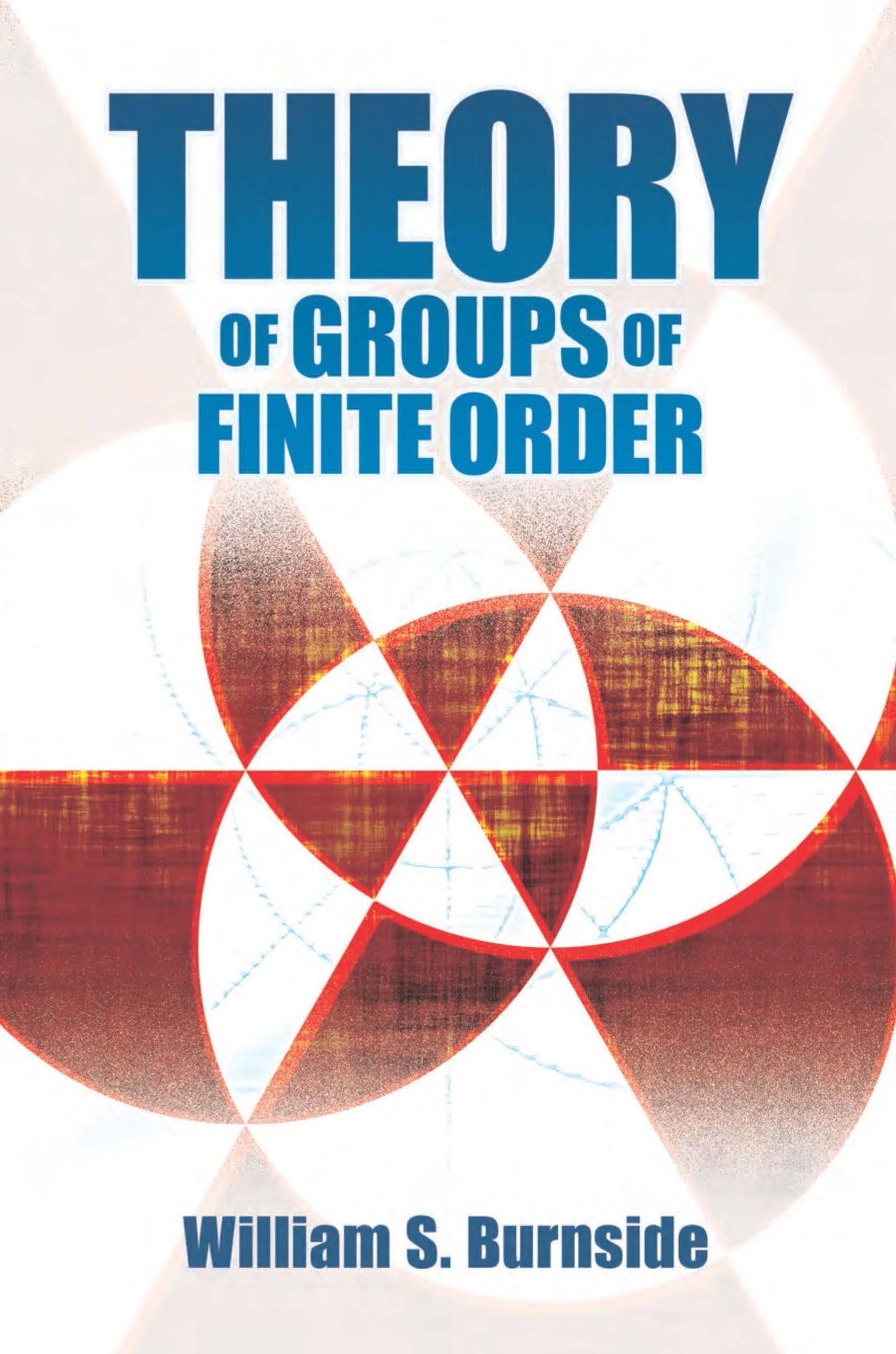Theory of Groups of Finite Order (Dover Books on Mathematics)
Theory of Groups of Finite Order (Dover Books on Mathematics) is backordered and will ship as soon as it is back in stock.
Couldn't load pickup availability
Genuine Products Guarantee
Genuine Products Guarantee
We guarantee 100% genuine products, and if proven otherwise, we will compensate you with 10 times the product's cost.
Delivery and Shipping
Delivery and Shipping
Products are generally ready for dispatch within 1 day and typically reach you in 3 to 5 days.
Book Details
-
Author: William S. Burnside
-
Publisher: Dover
-
Language: English
-
Edition: 2nd Edition
-
ISBN: 9780486816913
-
Pages: 544
-
Cover: Paperback
-
Dimensions: 9.0 x 6.0 x 1.3 inches
-
Format: Illustrated
About the Book
"The Theory of Groups of Finite Order" by William S. Burnside is an unabridged republication of the classic 1911 edition, making it an essential work for anyone interested in group theory and its historical contributions to mathematics. This volume serves as both a key reference book and a historical milestone in the field of mathematical literature. With its clarity and comprehensive approach, this text is particularly suitable for advanced undergraduates, graduate students in mathematics, and historians of mathematics.
The book begins with an introduction to permutation notation and the basic definition of a group, progressing to discussions on the simpler properties of groups that are independent of their modes of representation. It covers a range of topics, including composition-series of groups, isomorphism of a group with itself, Abelian groups, groups whose orders are powers of primes, and Sylow's theorem. A major portion of the book is dedicated to permutation groups and groups of linear substitutions, with two full chapters exploring the graphic representation of groups. The final chapter is devoted to congruence groups, and the text is further enriched by forty-five pages of notes that treat special topics in detail. This book is often hailed for its accessible writing and is considered "extraordinarily rich" in its insights into the theory of groups.





